Portraying survivors of a cruel Swiss care system
Innocent citizens who did not fit in with the norms of Swiss society were placed in orphanages, prisons or detention centres up until 1981. Portraits of some of the people affected by this practice have now been published along with their own personal stories.
The black-and-white photos by photographer Jos Schmid are stark images depicting those affected. The book of portraits has been commissioned by the IEC (Independent Expert Commission of the Federal Council) to focus on the individualsExternal link (link in German) who fell victim to Switzerland’s “administrative care” system. It is the first volume in a series of ten dedicated to researching these past practices.
ReportsExternal link by some of those who survived neglect, beatings and even sexual abuse under this system show the extent to which they suffered. Tens of thousands of so-called discarded children were taken from their families, a practice which evolved from a rural custom of taking on poor children as servants and labourers. In addition, women and girls were subject to forced sterilisation and locked up under the administrative care legal provision. Some were removed from society for being unmarried and pregnant, many were put under pressure to give up their babies for adoption.
Other women and men were deprived of their liberty for “licentiousness”, “drunkenness” or for being “work shy”. Work on farms or domestic work for the state went unpaid, and in 2016 the Swiss parliament approved CHF300 million ($304 million) in compensation for the surviving victims. The compensation scheme came after one of these individuals led a campaign in 2014.
These are six portraits out of the thousands of people affected by the abuses of the administrative care system.
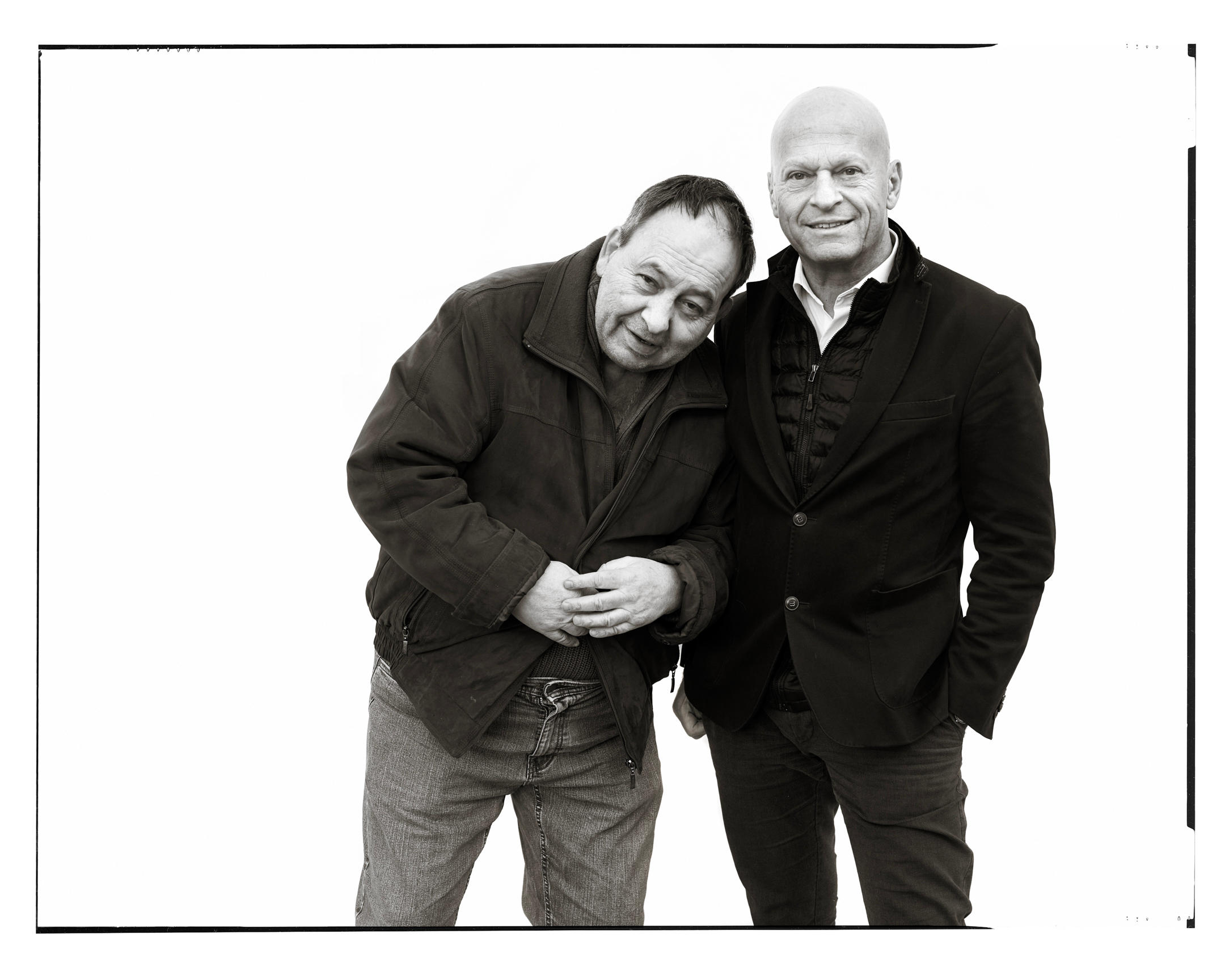
Michel Mischler and Willi Mischler
Shortly after Michel Mischler’s birth in 1960, he was taken away from his parents by the Swiss authorities and placed in a children’s home, where he would spend the next 11 years. The lack of attention shown to him by teachers, carers and nuns contributed to Michel’s developmental problemsExternal link (link in French). In the home, he was subjected to physical and mental abuse. There were periods of incarceration and he was regularly insulted with phrases such as, “You are a good-for-nothing, you are nothing and you will get nowhere.” His brother, Willi Mischler reported he was subject to similar treatment and he witnessed others being treated in the same way by carers at the home, but the nuns at the home refuted the claims.
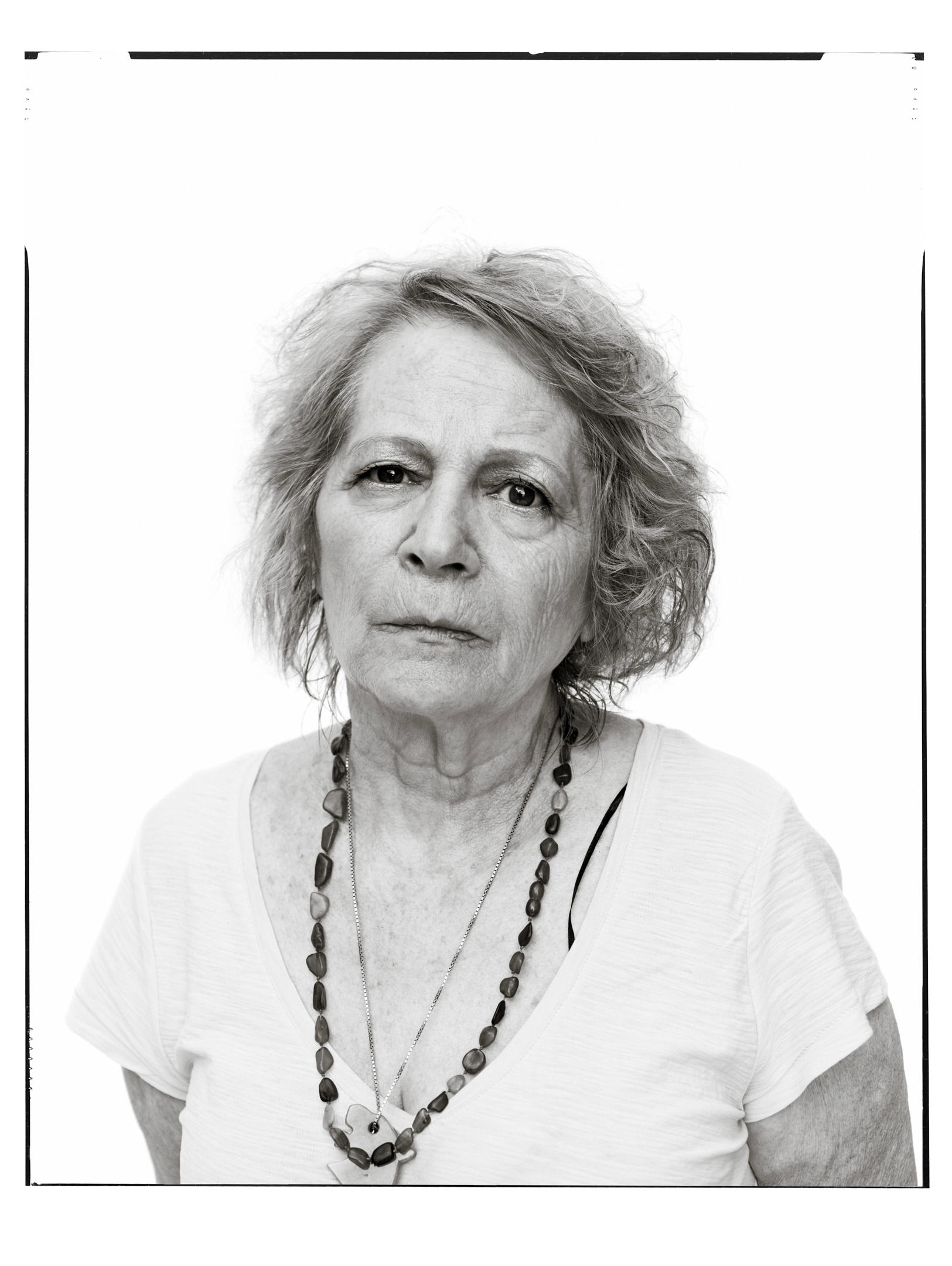
Marianne Steiner
She was born out of wedlock in 1951 after her mother became pregnant at a young age and was placed in care and worked as a domestic help for her foster family, a set of circumstances which would overshadow Marianne’s start in life. Although things seemed to take a turn for the better when Marianne’s mother later married, her stepfather was cold and abusive to her. The foster family who had once taken her mother now took Marianne and treated her badly – her mother’s pregnancy out of wedlock was Marianne’s legacy, and she would be branded as a “woman of bad morals”. Constant demoralising led to low self-esteem and she was targeted by the authorities as being sexually immoral and placed in a home. The precise circumstances surrounding her being placed in careExternal link are unclear to her.
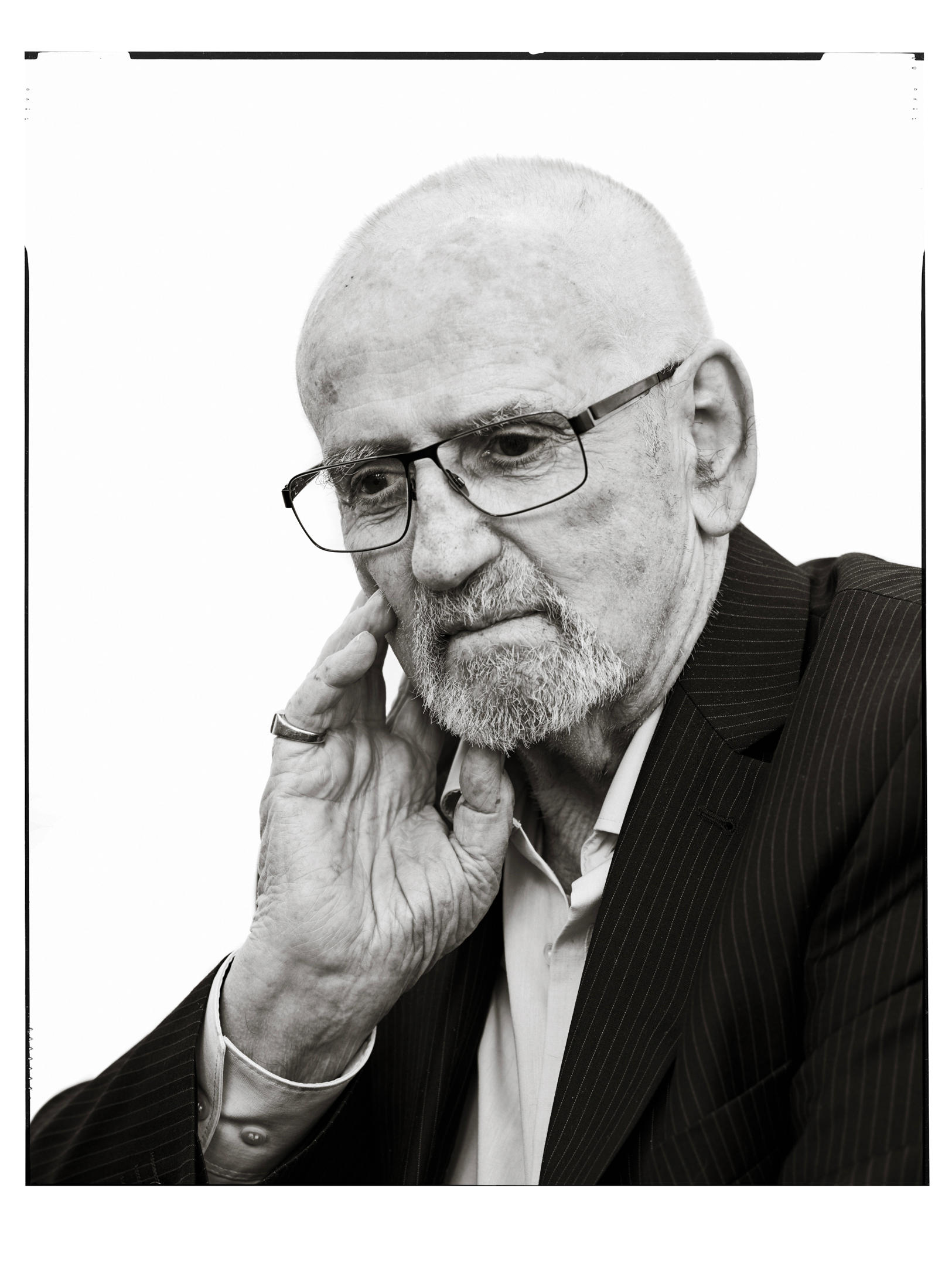
René Schüpbach
René has been a vociferous advocate for transparency since writing down his own experiences and others in a bookExternal link. “Many crimes were committed under the guise of the Church and the caring measures, without anyone being called to account. No, some of these criminals still walk around untroubled today and receive beautiful pensions, so-called blood money, without a guilty conscience. The humiliations, the mental and physical violence, the sexual assaults and the work of affected children.” Although he believes it’s not impossible for those who suffered to go on to achieve their dreams in life, he commented that “quite a few” went on to psychiatric clinics, or even took their own lives.
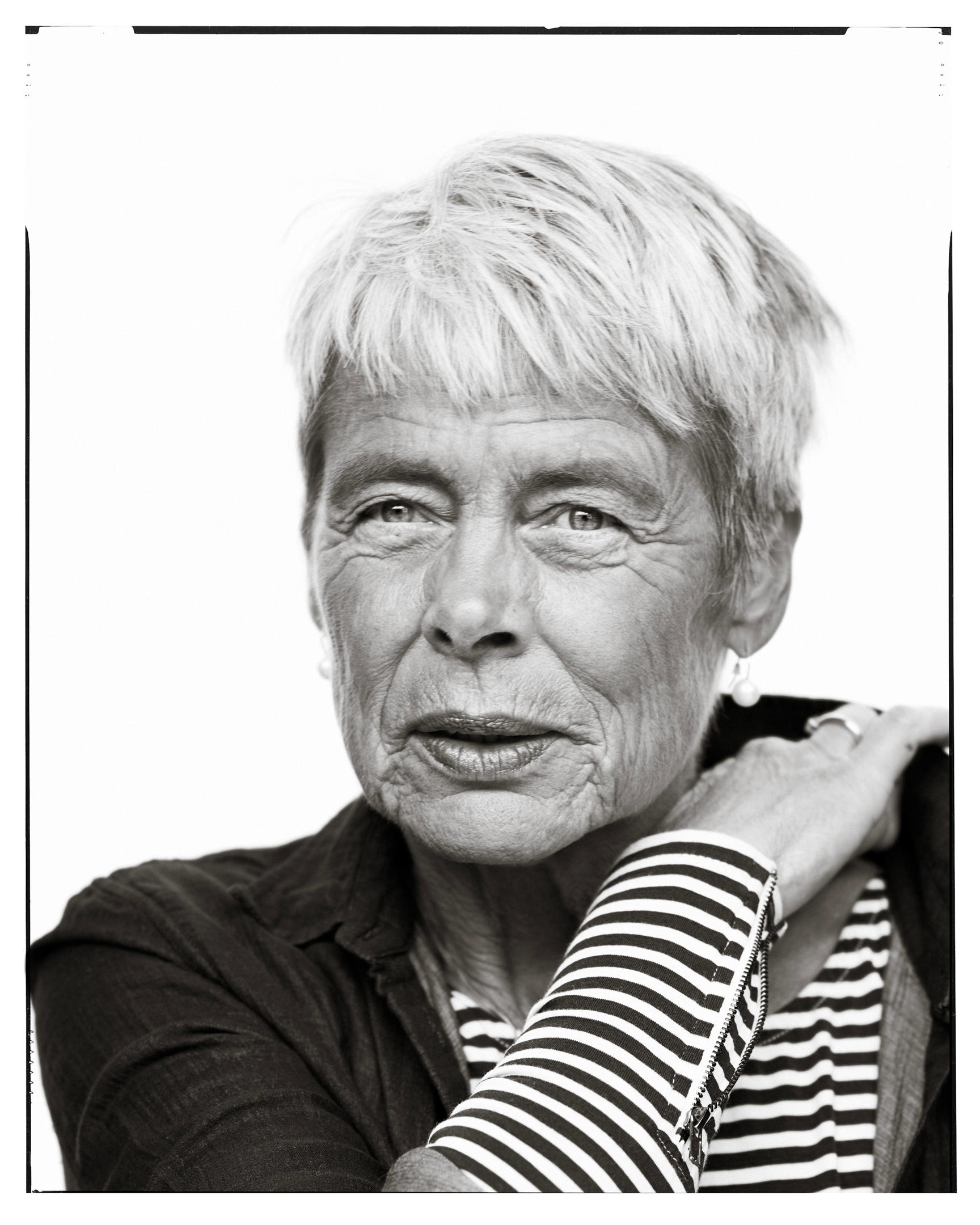
Mili Kusano
Mili is the daughter of overwhelmed parents who had been scarred by the Second World War, whose alcohol use and violence were used to control their children, resulting in the dissolution of their family. Foster homes and psychiatric hospital were the consequences under the administrative care system. At the age of 14, she was the only child to be placed in a section of mostly elderly and seriously mentally ill patients. She would be the subject of lectures, sitting in a hospital gown at the centre of a lecture hall as the professor talked about her to students. After fleeing to eastern Germany she was caught by the Swiss police and put in prison. Once released, she felt compelled to put the past behind her. Mili had no contact with her parents and with a fake CV she was able to find a job, she won the Swiss championship in barefoot water skiing, and she became the mother of two daughters. At the age of 40, she began studying culture and philosophy at the University of Fribourg.
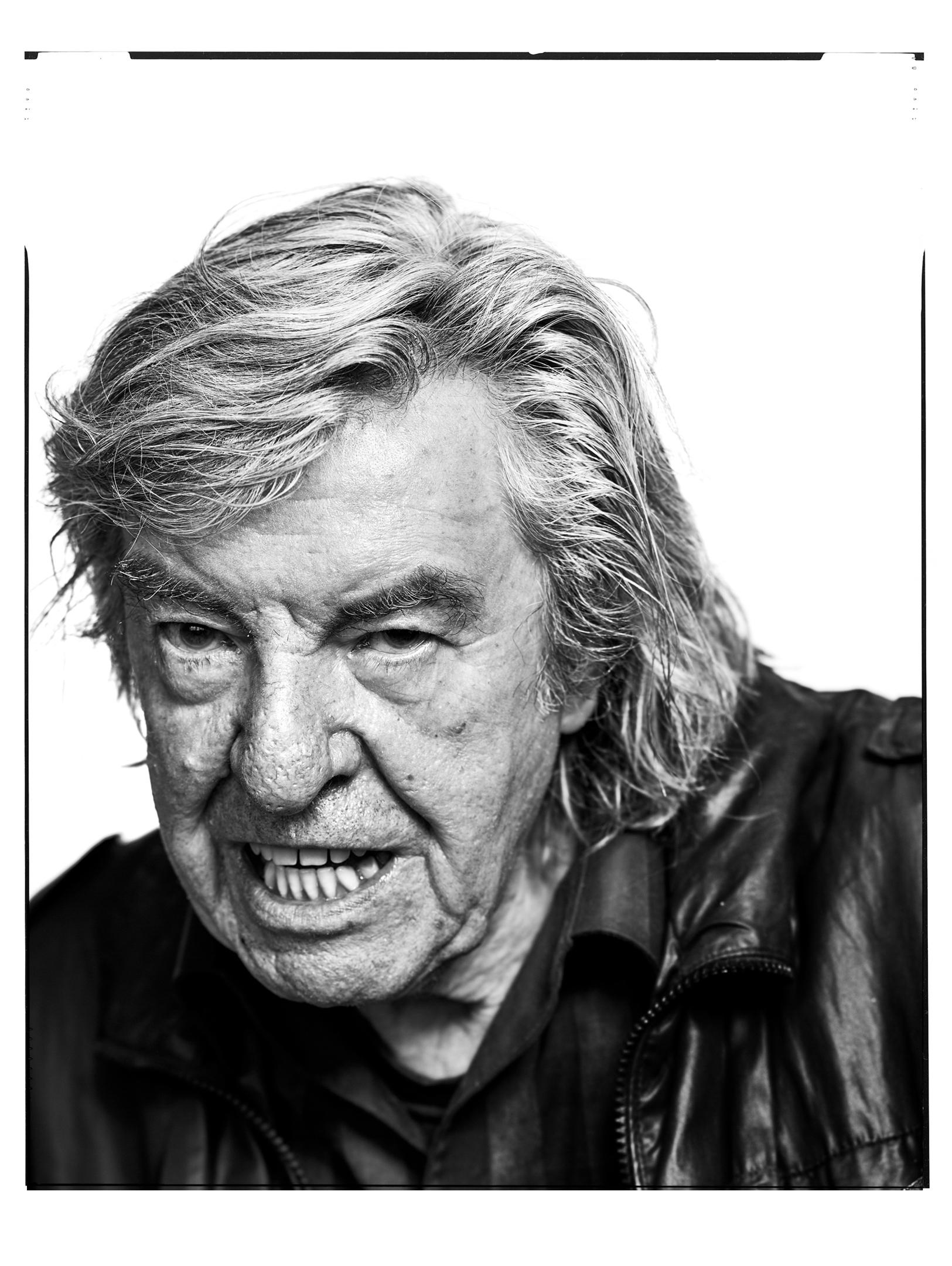
Henry Steiner
As a boy, Henry lived through the wounding of his mother after the northeast of Switzerland was bombed in 1944. He refused to attend the basic training in the Swiss army and was arrested by the police. After being placed in care, more troubles with the authorities started. He was admitted to a psychiatric hospital, where it took four months of testing of his mental health – he was consequently cleared and released. His experiences from that time have been written down in his personal report “The Wilted Years”.
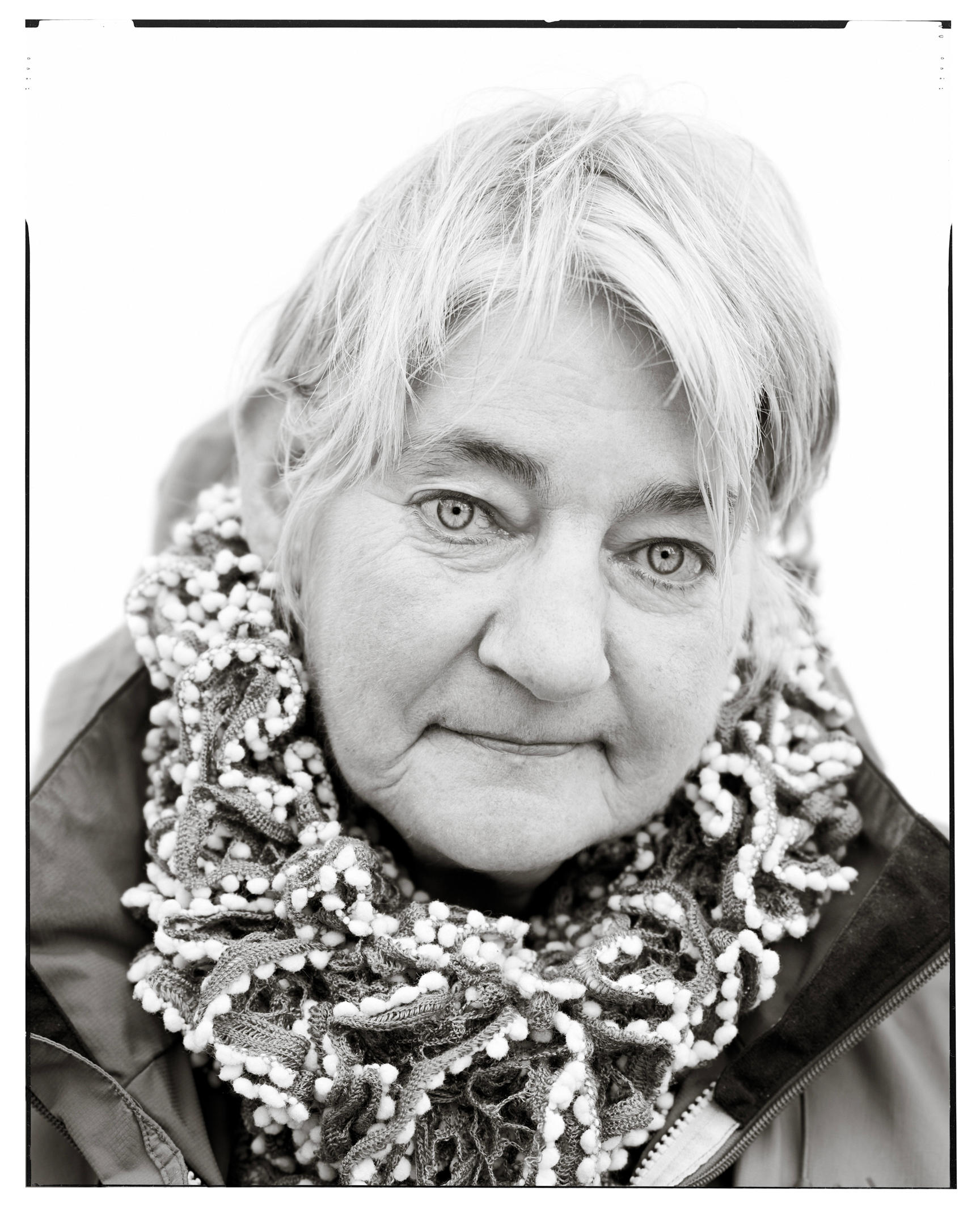
Marina Byrde
“It leaves deep wounds”, explains Marina ByrdeExternal link, in regard of her own experiences of administrative care. “The Swiss need to become conscious of the fact that all this really happened and not just in other places but here, in Switzerland.”

In compliance with the JTI standards
More: SWI swissinfo.ch certified by the Journalism Trust Initiative
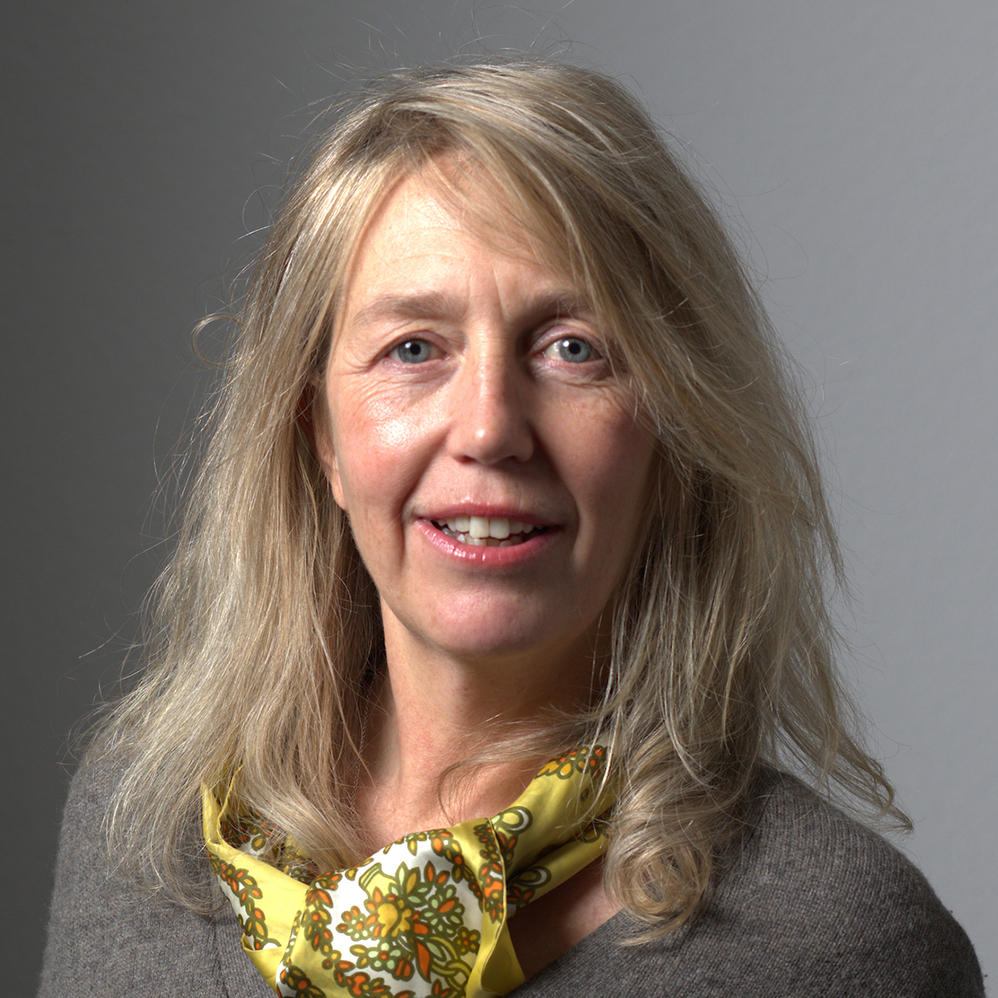
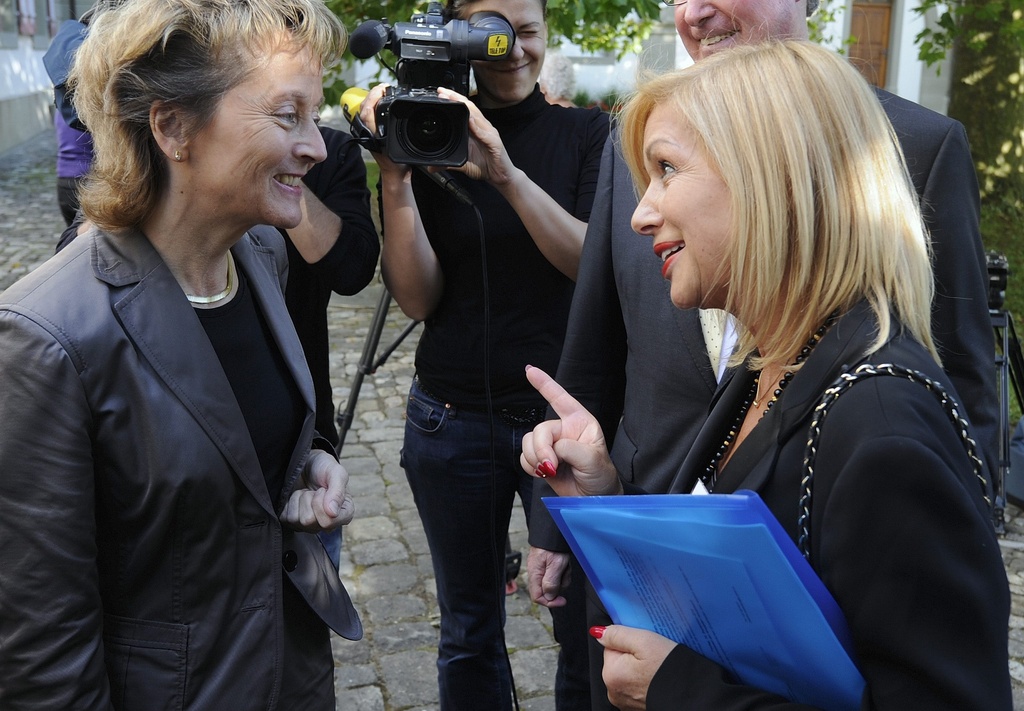
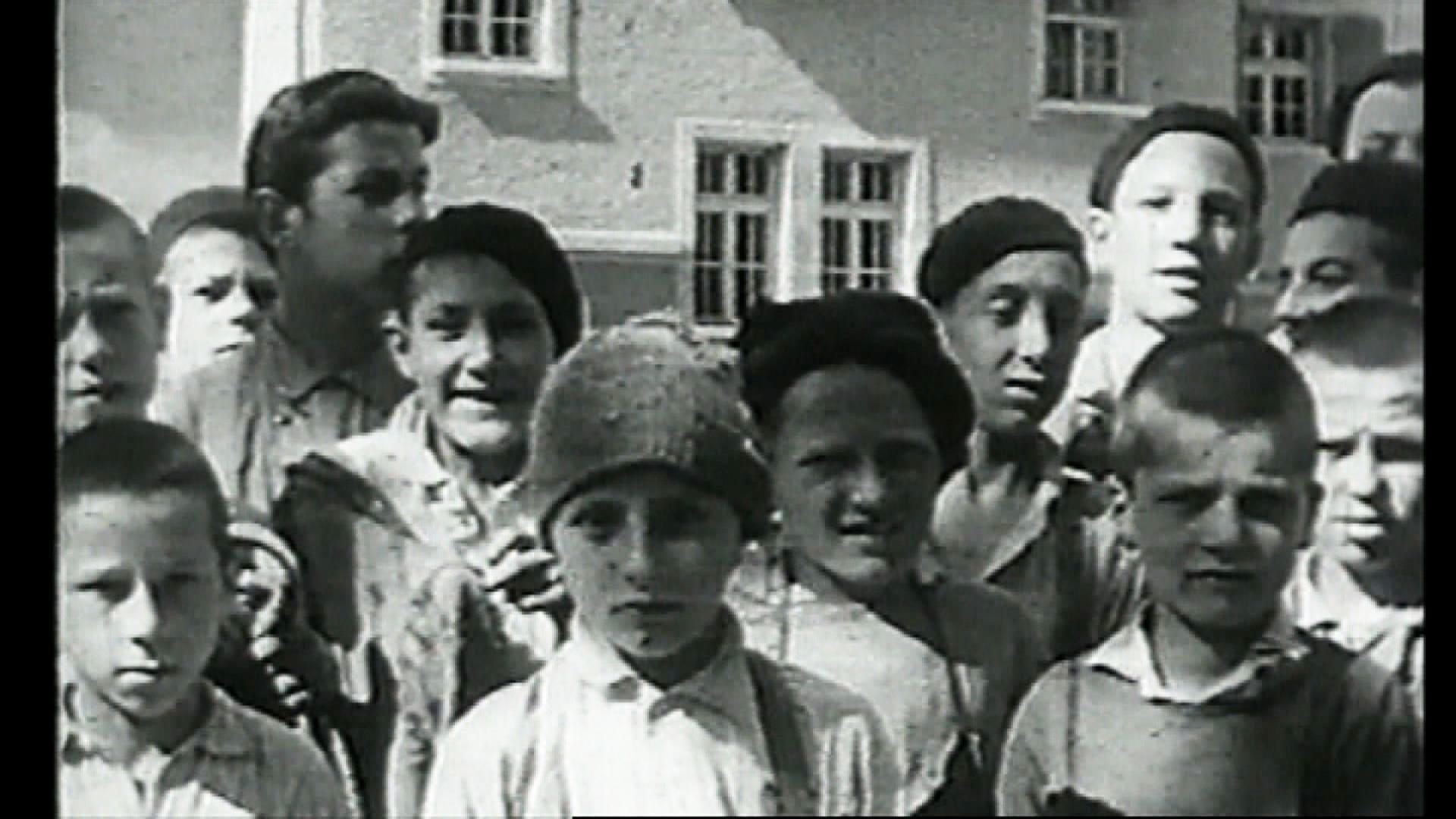
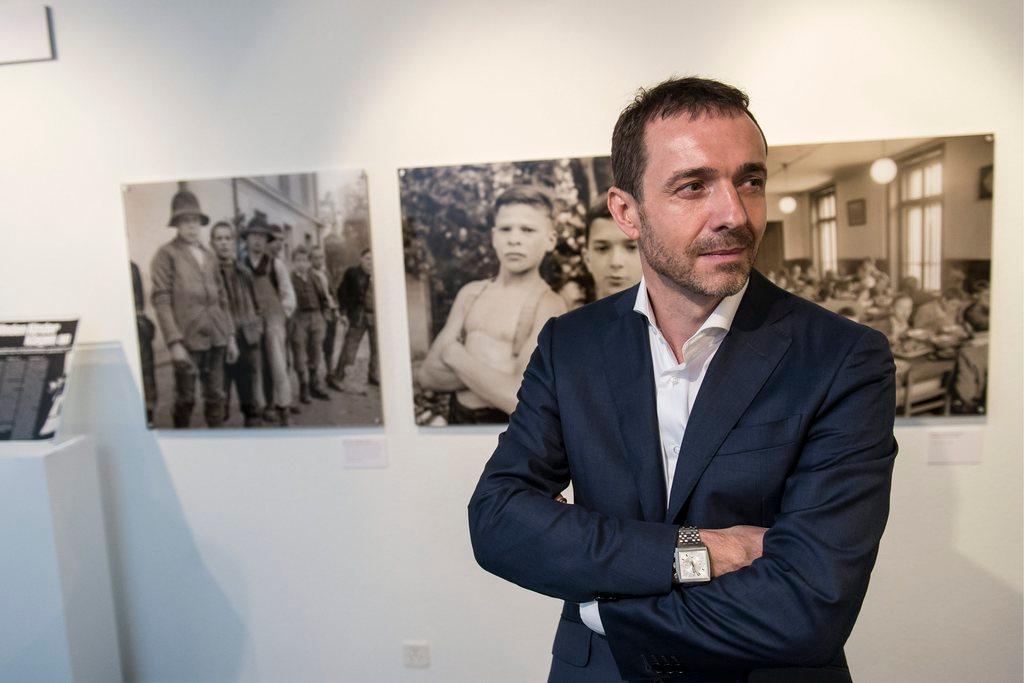
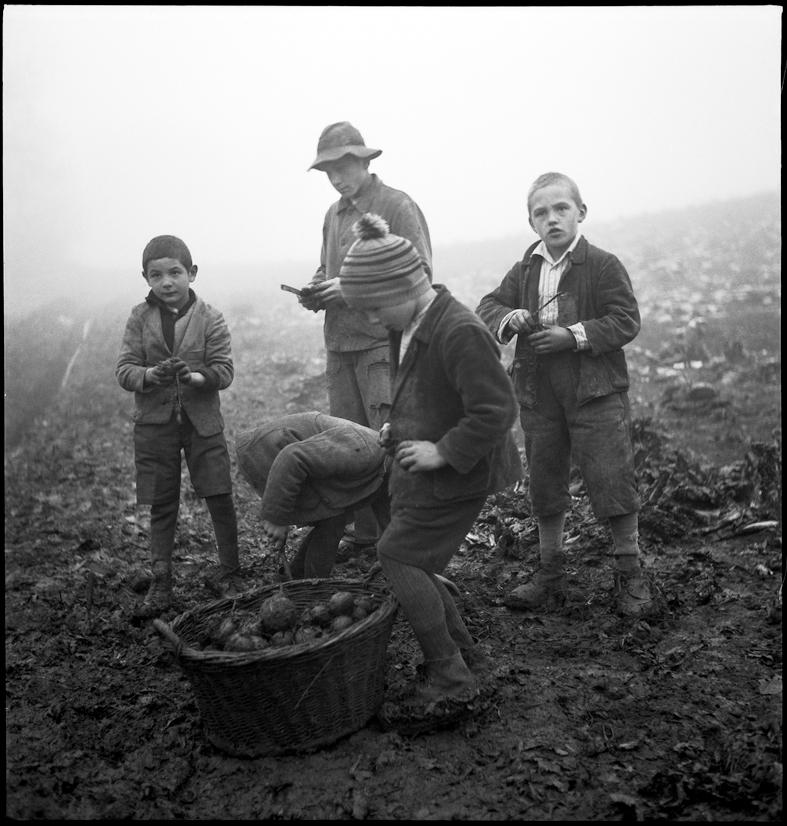
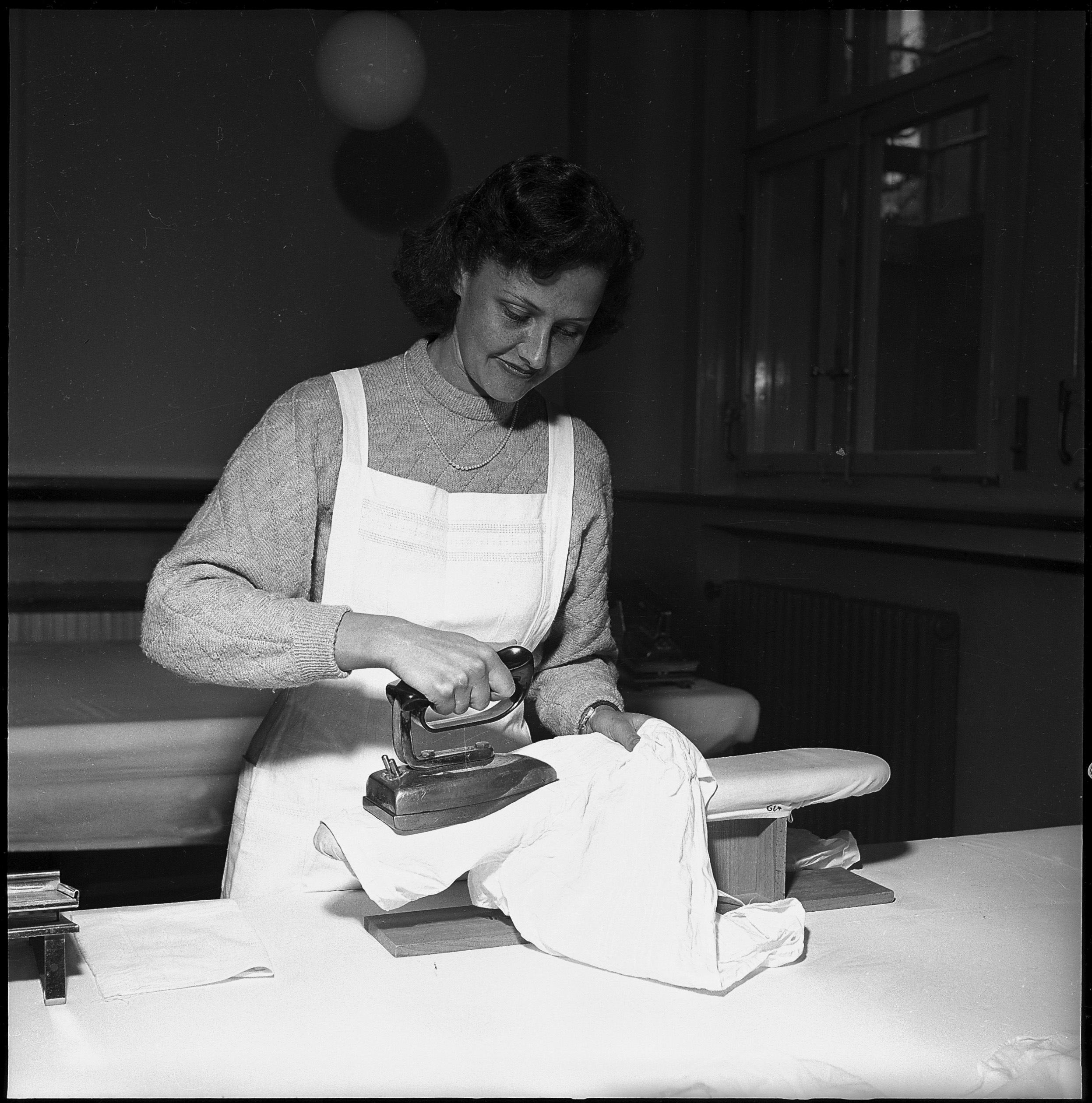
You can find an overview of ongoing debates with our journalists here. Please join us!
If you want to start a conversation about a topic raised in this article or want to report factual errors, email us at english@swissinfo.ch.